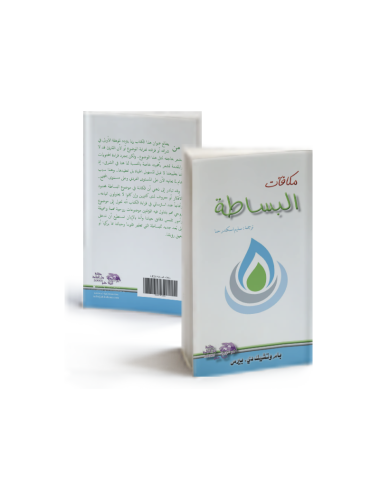The History of Christian Thought
Why would you read about the history of Christian thought? If you are Christian yourself, it helps you to understand about thinkers and the faith of the generations.
0.174 kg - 0.922 kg
Why would you read about the history of Christian thought? If you are Christian yourself, it helps you to understand about thinkers and the faith of the generations.
“[Alice Miller] illuminates the dark corners of child abuse as few other scholars have done.”―Jordan Riak, NoSpank.net
This volume begins with the Renaissance and ends with Jansenism, covering- from the middle of the fifteenth to the middle of the seventeenth century. It takes in the great schools of spirituality of French Schools.
With the exception of the Salesian School, the others are divided between the great Catholic nations which filled the political stage of Europe during that period : Spain, Italy, and France.
This is a reproduction of a book published before 1923. This book may have occasional imperfections such as missing or blurred pages, poor pictures, errant marks, etc. that were either part of the original artifact, or were introduced by the scanning process.
This is a reproduction of a book published before 1923. This book may have occasional imperfections such as missing or blurred pages, poor pictures, errant marks, etc. that were either part of the original artifact, or were introduced by the scanning process.
Rare and compelling in its compassion and its unassuming eloquence...her examples are so vivid and so ordinary they touch the hurt child in us all NEW YORK MAGAZINE
The detainees in the prisons of the Israeli occupation are not separated from the resistance or the Palestinian national movement. They are an intimate and organic part of the resistance and the movement alike, but are they prisoners, detainees, or prisoners?
An examination of childhood trauma and its surreptitious, debilitating effects by one of the world's leading psychoanalysts.
Never before has world-renowned psychoanalyst Alice Miller examined so persuasively the long-range consequences of childhood abuse on the body. Using the experiences of her patients along with the biographical stories of literary giants such as Virginia Woolf and Marcel Proust, Miller shows how a child's humiliation, impotence, and bottled rage will manifest itself as adult illness―be it cancer, stroke, or other debilitating diseases. Miller urges society as a whole to jettison its belief in the Fourth Commandment and not to extend forgiveness to parents whose tyrannical childrearing methods have resulted in unhappy, and often ruined, adult lives.
This book is both a testament to a great thinker and a still vital strand of thought in the comprehension and critique of the modern organized world. It is essential reading for younger scholars and a radical reminder for those steeped in the tradition of a critical theory of society.
Together they weave biblical teaching with practical tips that will help readers answer questions like these: How can I. . .• clear out unnecessary clutter in my home? • overcome anxiety? • rely on God for my sustenance? • get free from too much technology and/or entertainment? • preserve a Sabbath rest? • free myself from the stronghold of materialism?









